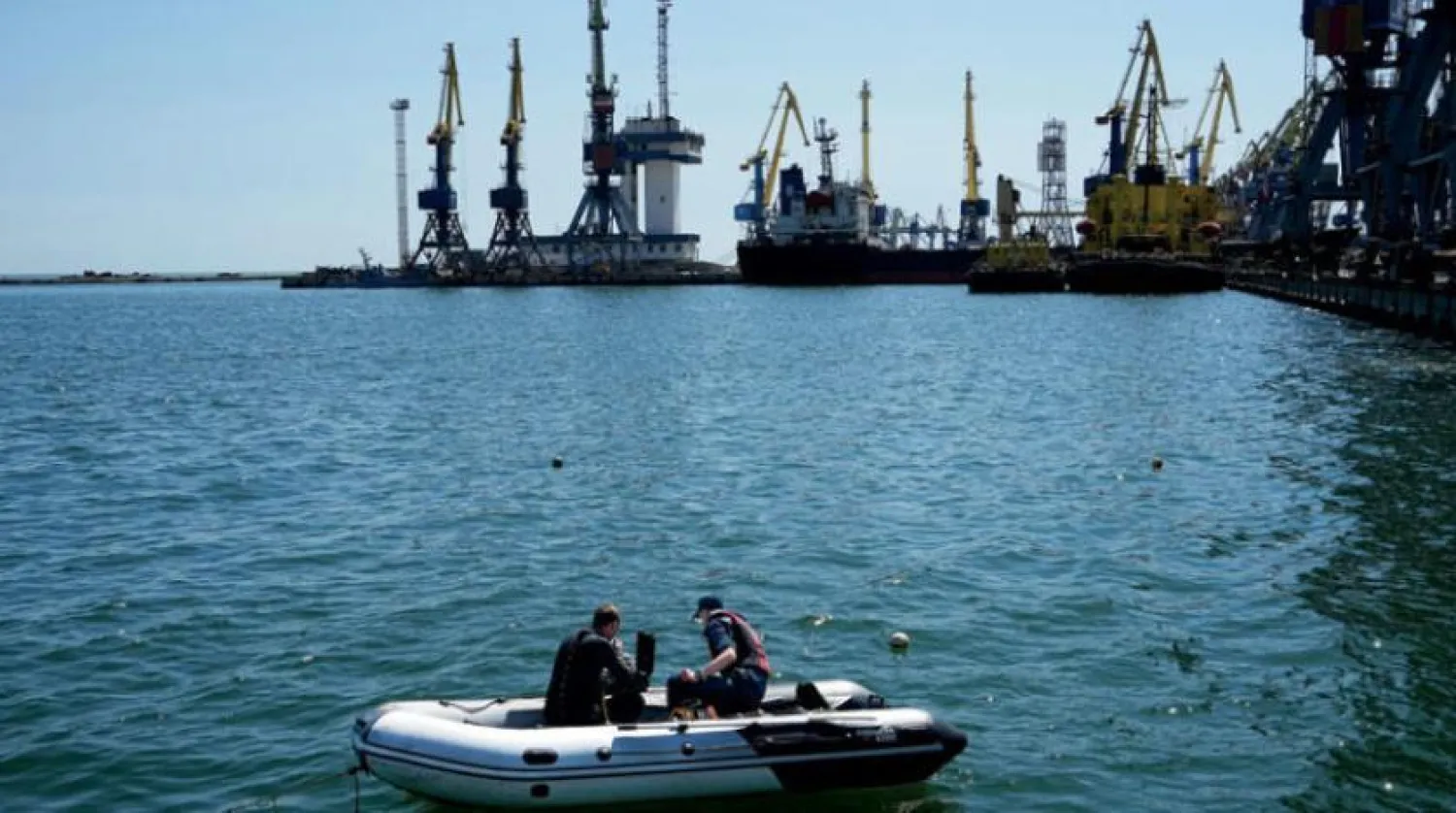Ukraine's foreign ministry said on Thursday a Russian ship carrying Ukrainian grain had been allowed to leave the Turkish port of Karasu, calling it an "unacceptable situation and summoning Turkey's ambassador.
"We regret that Russia's ship Zhibek Zholy, which was full of stolen Ukrainian grain, was allowed to leave Karasu port despite criminal evidence presented to the Turkish authorities," foreign ministry spokesperson Oleg Nikolenko wrote on Twitter, Reuters reported.
"Türkiye's Ambassador in Kyiv will be invited to Ukraine's Ministry of Foreign Affairs to clarify this unacceptable situation."
Russian-flagged cargo ship, the Zhibek Zholy, which was suspected of carrying stolen Ukrainian grain, left the Turkish northwest port of Karasu late on Wednesday, Refinitiv ship tracking data showed.
On Sunday, Ukraine's ambassador to Turkey said Turkish authorities had detained the ship. Reuters previously reported that Ukraine had asked Turkey to arrest the ship.
On Wednesday, Russia's foreign ministry dismissed as false reports of the ship's detention by authorities.
Kyiv has accused Moscow of stealing grain from territories seized by Russian forces since their invasion began in late February.
The Kremlin, which calls the action a "special military operation" has previously denied that Russia has stolen any Ukrainian grain.









